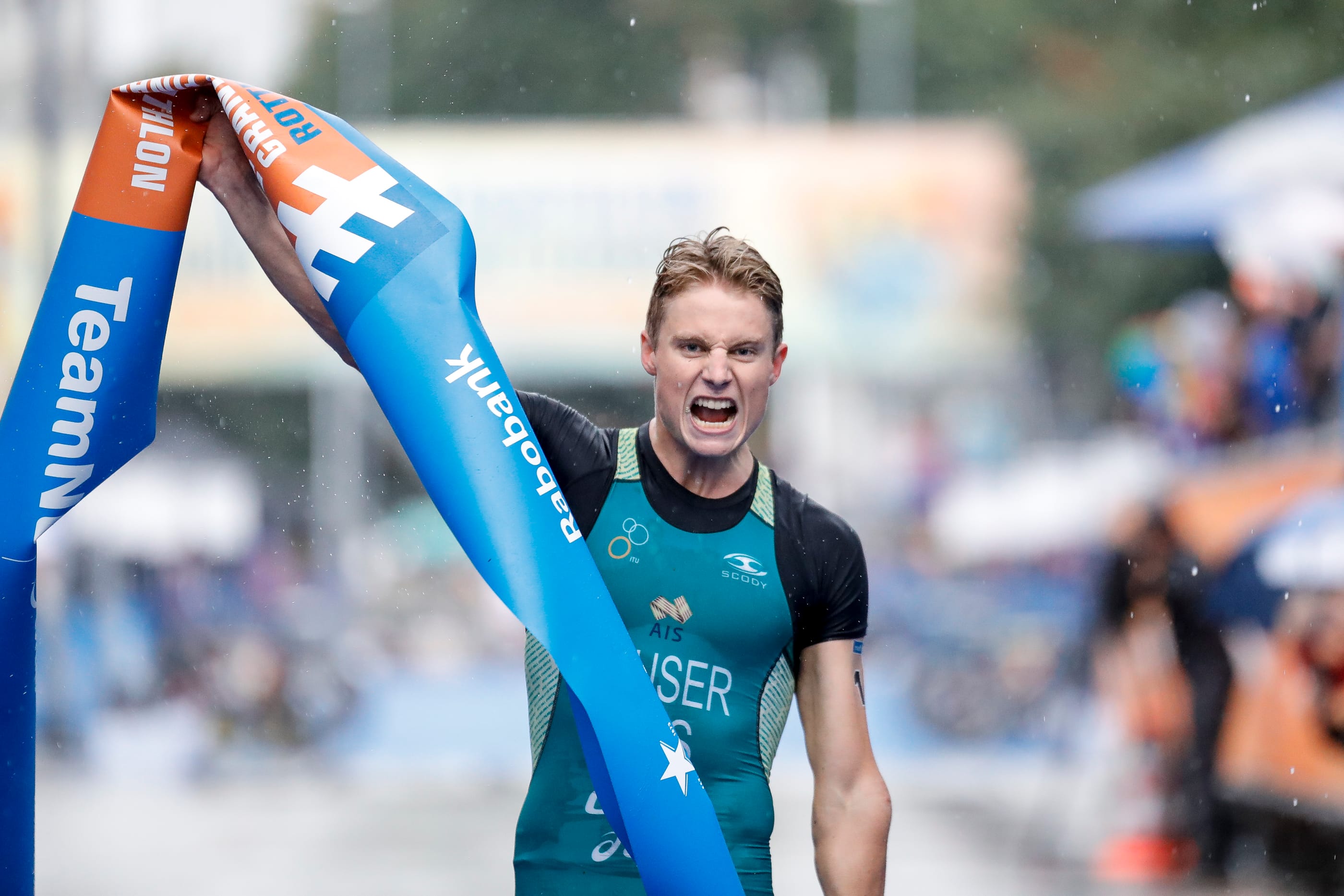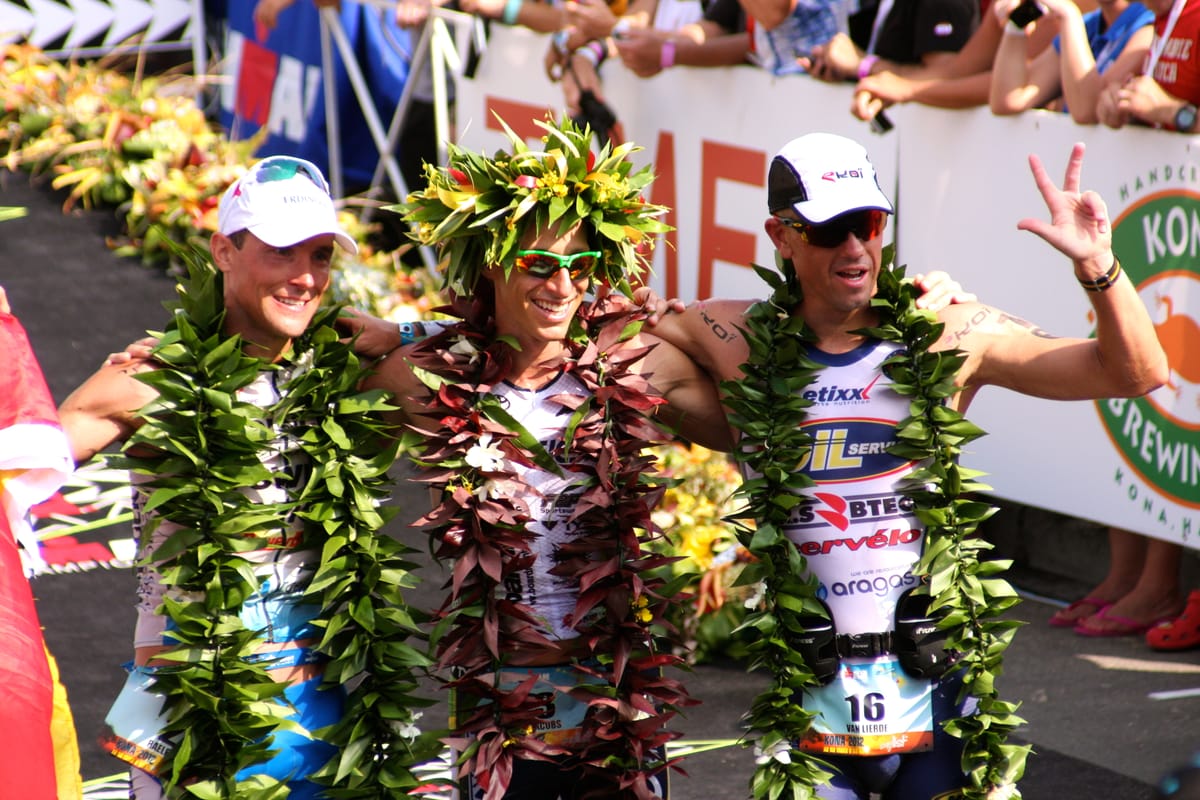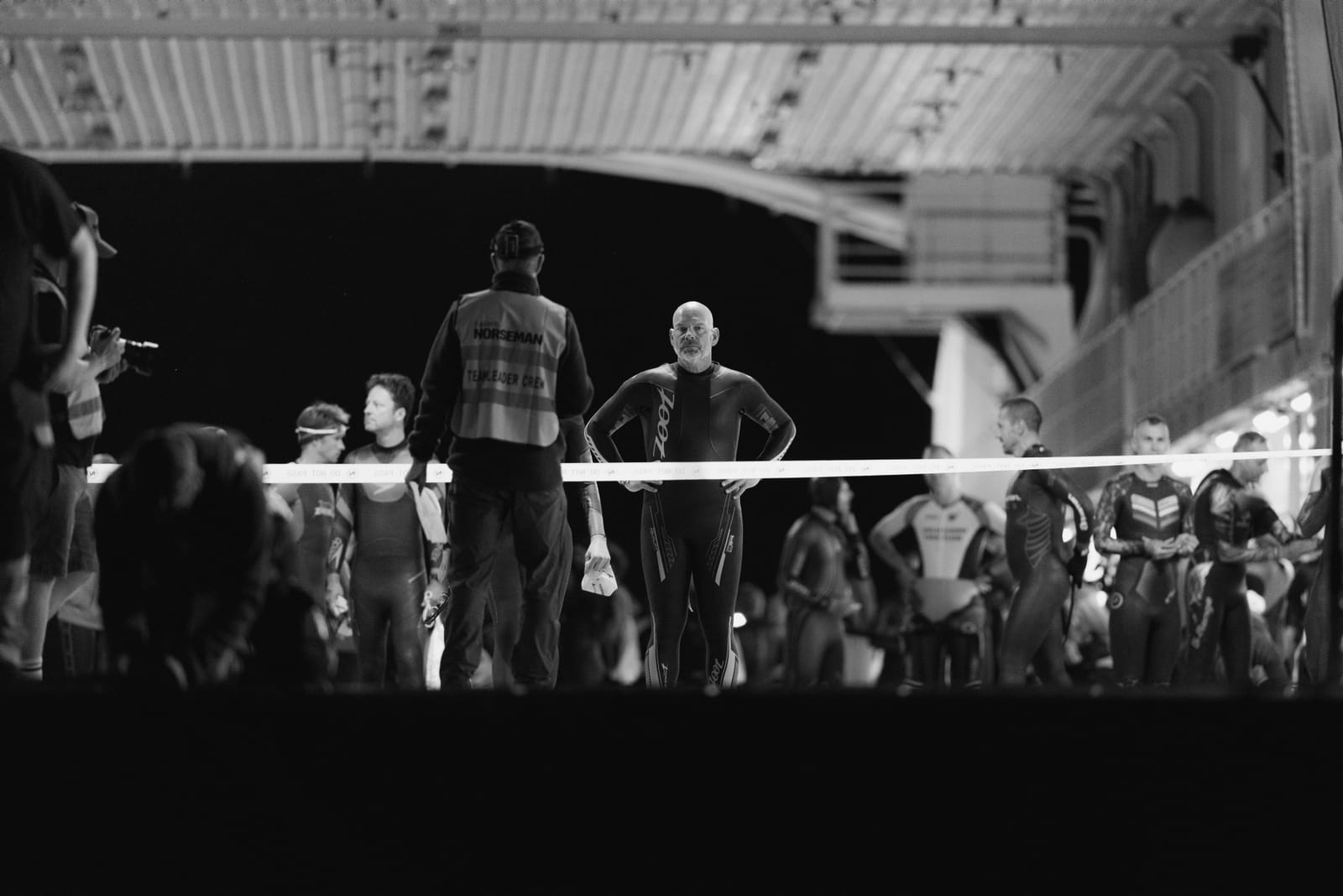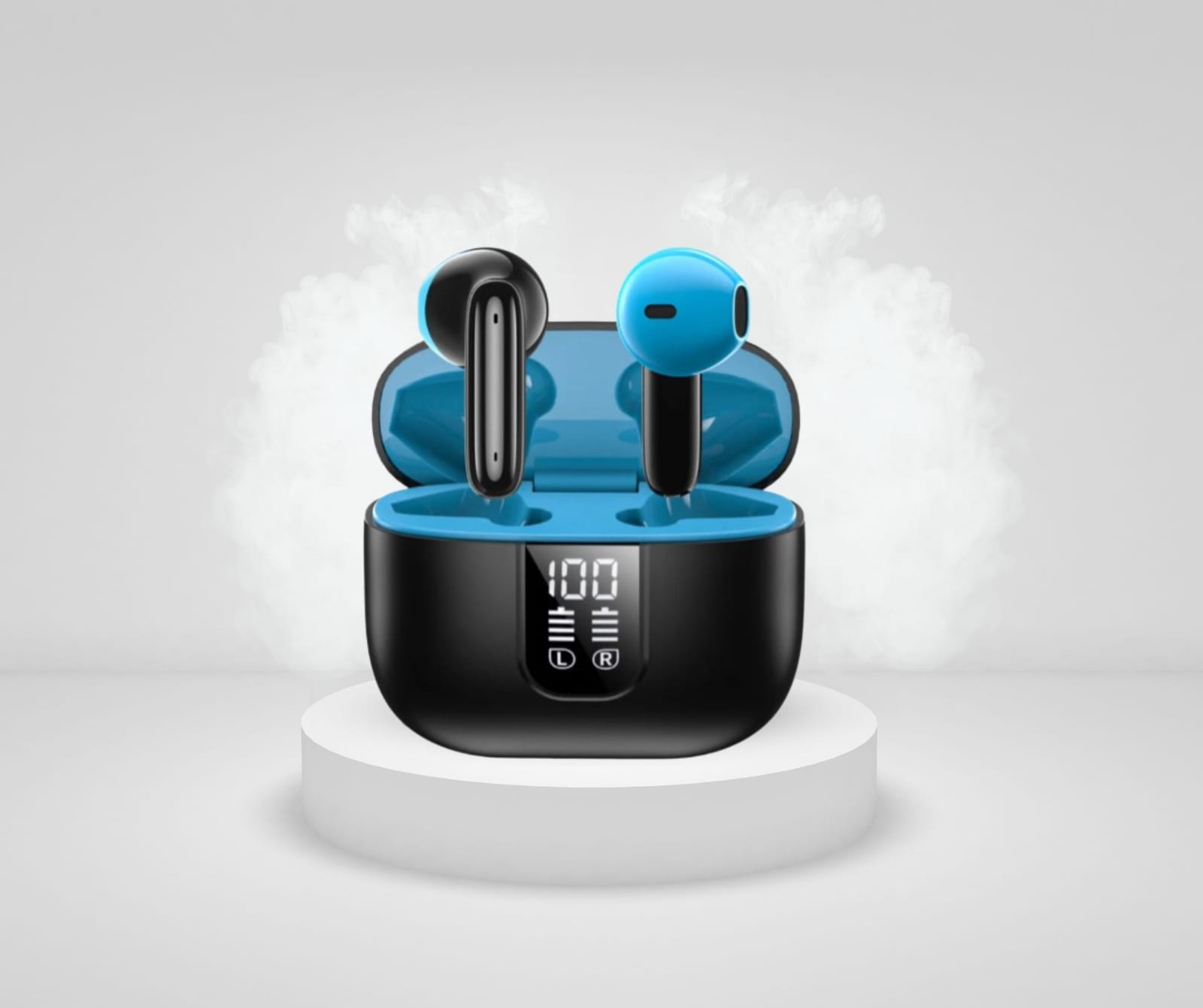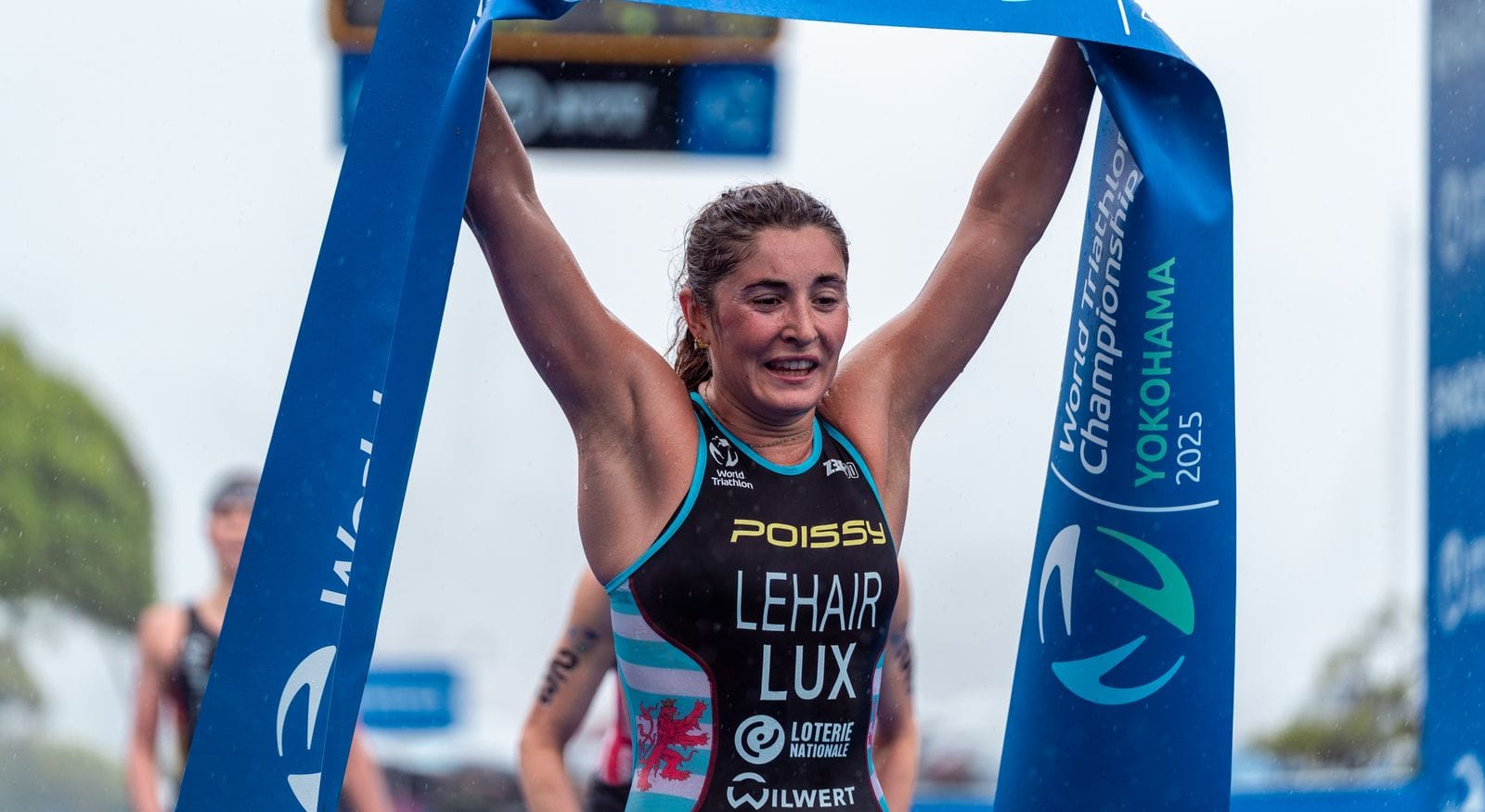Matthew Hauser is the new ITU Junior World Champion, finishing the Rotterdam course in just 55:54 and finishing fourth at Super League Jersey only one week later. After a brutal year, Trizone asked the 19-year-old what makes him the world’s best junior triathlete.
“I sat down with Dan, and we decided Rotterdam was going to be the main focus of the year,” Hauser told Trizone. “I said I didn’t want to talk about it until a month before the race. I wanted to focus on developing as an athlete. It was going to be an exploration year, and I’d try WTS, Super League and I planned to do Hamburg,” said Hauser.
“2017 was about getting into the groove of being an elite athlete.”
The Junior World Title marks the end of Hauser’s preparation for 2017 and signifies the start of his career as a full-grown pro.
How Hauser prepares the night before a race
Like any athlete, Matt Hauser has a routine the night before a big race, but it’s not a superstitious one. “Dan gets me to write an hour-by-hour checklist for race day. I send it to him, and he checks it over and gives me feedback,” said Matt. Here at Trizone, we weren’t quite sure exactly what that meant, so Hauser explained.
“My to-do list says things like when to leave the hotel, when to get out of T2. It’s so I don’t have to think about organisation on the morning of.”
Organisation the night before is always a good idea, especially in Rotterdam when Hauser had to wake up at 5 am. “It’s about mentally preparing the night before. So you go to bed and wake up with it still in my head.”
On the morning of an event, Hauser listens to Led Zeppelin and gets in the mode. “Things slightly depend on how I’m feeling, but I know what works for me,” said Hauser.
The Rotterdam Race
“From the very start I was telling myself to stay in the moment,” said Hauser, a tactic he learned after his disappointment at Cozumel.
After diving into the water, Hauser kept thinking of just one word: Kick! “I know when I get a kick, my rhythm and my stroke is set. Kick was my keyword,” Hauser told Trizone. “I knew if I had a good start, I’d have a good mindset. But, I was also prepared for a crappy start too.”
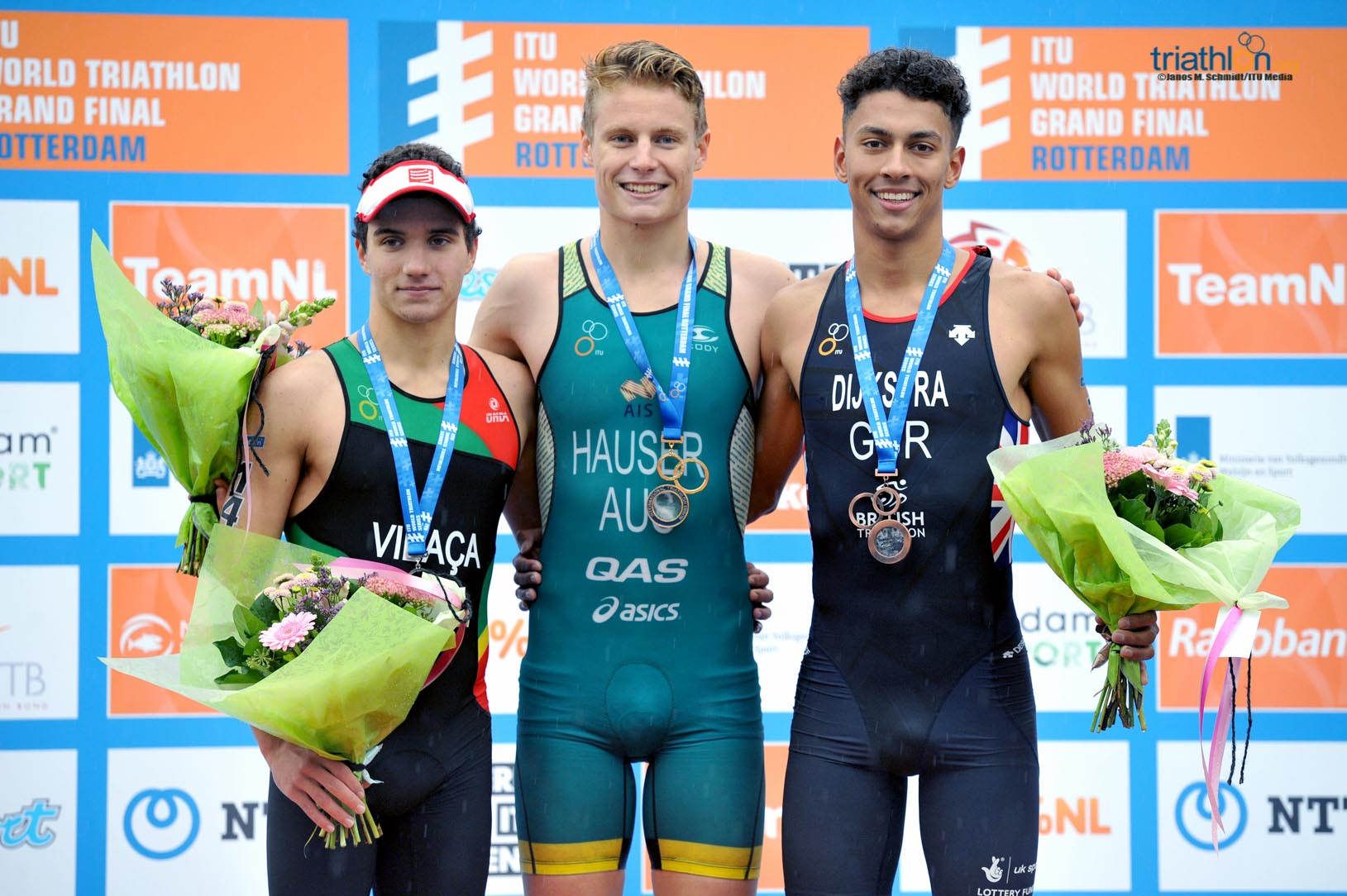
Luckily, Matt Hauser had a positive start, and it evolved into a natural race. “It felt like I was in control throughout the whole race.”
The bike leg wasn’t as hard as expected
“The first bit of the bike was critical,” said Hauser. “I had to split up the guys who are excellent runners.” Hauser had his sights on Great Britain’s Ben Dijkstra who is known for his tough running. “I knew I had to stay up in the top three to make sure I wasn’t vulnerable to any crashes.”
For a Junior World Championship, Hauser was pleasantly surprised to find the bike wasn’t too challenging.
“It was quite easy compared to other races”
“That was thanks to Spain [when Hauser trained in Vittoria with Jamie Turner’s squad]. When I was in Spain, we’d go to a car park and practice critical race work, like attacking tight corners.”
After training in Girona, Hauser’s bike skills improved a lot thanks to a friendly rivalry with Ryan Bailie. “We pushed each other,” said Hauser.
“Those corners we practised made Rotterdam seem easier, and I’d exceeded the demand in training.”
Super League more fun than WTS
Super League has offered all the athletes involved the chance to push their bodies to the limit, and Hauser got his chance again in Jersey a week after Rotterdam. After astounding the spectators with his strong swim skills, Hauser finished Super League Jersey in fourth place despite still being a junior.
“Everyone is there as a family, together,” said Hauser of Super League. “You get to socialise with the locals and give back to the community you’re racing in. In ITU, you’re so caught up in the federation, and there are so many rules and regulations.”
“There are so many KPIs to meet in WTS races. Super League washes that all away. It focuses on the athletes, not the federation.”
Super League prides itself on its entertainment value, and Hauser is quick to point out it’s the athletes that create this. “We’re the ones pushing our bodies. We’re the ones creating the entertainment,” said Hauser. “We’re all racing to broadcast triathlon to the wider community and share our passion and love for the sport of Super League. It’s a fantastic platform for that.”
Despite racing for Australia on the world stage in WTS, Hauser does prefer WTS over Super League. “I’d probably choose WTS because of the points, but I’d prefer to do Super League.”
It isn’t just about Super League
It’s clear that Super League is an important piece of the jigsaw for Hauser, however, he makes the very strong point that his large goals are the Olympics and Commonwealth Games, and to do this it’s a process – which is part of the WTS. So whilst he loves the lesser pressure of Super League, WTS really is the benchmark events.
What does the future hold for Hauser?
Hauser is an undeniable talent in triathlon, and he has a bright future, but what about the rest of 2017? “I’ll be doing the Noosa triathlon,” Hauser told Trizone. After Noosa, that’s a wrap for Hauser, and when it comes to next year seeing Hauser racing against the top pros, we’ll just have to wait and see!


